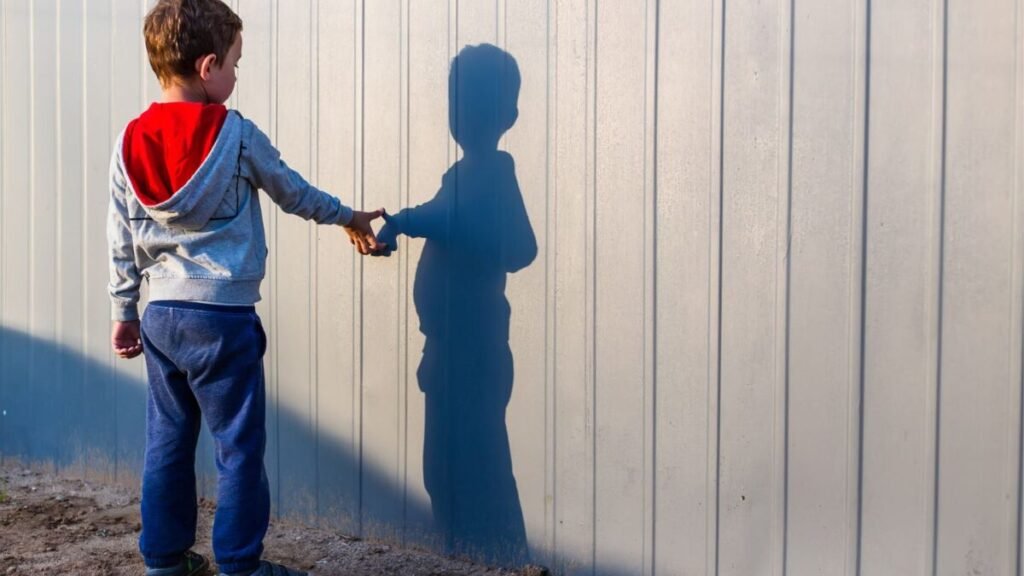Growing up without a crew of pals: could it mess with your social life? Here’s what psychology says

Many of us look back on our childhood and can vividly remember the tight-knit group of friends we had, while others never quite had that experience. But does this lack of a solid friend group in childhood have an impact on our adult lives? Psychology dives into how friendships, or the absence of them, shape who we are. Our personal history, the environments we grow up in, and what we learn from society play a much bigger role than we might think.
The importance of early social groups
Family is typically our first support system, but psychologists highlight that childhood friends play a significant role in our development. According to specialist Belén de Pano, this early environment is where we learn how to relate to others. But not everyone experiences it the same way. Some may grow up with insecurities that stick with them for years, from struggling to express themselves to finding it hard to start a simple conversation.
Consequences of childhood isolation
An international study published in 2024 in Frontiers in Developmental Psychology warns that children who have trouble fitting in are more likely to experience anxiety, depression, or loneliness. Our sense of self is, in part, formed by how others see us. When that is missing, it can leave a difficult void. However, the effects are not the same for everyone: some may develop social anxiety, while others may only face a temporary obstacle that can be overcome with time.
Scattered friendships and individual ties
Not everyone who didn’t have a solid friend group while growing up was alone. Take Tania, for example, a 26-year-old who always maintained loose but meaningful friendships. Even though she wasn’t part of a stable “tribe,” she learned how to cultivate important relationships. Her story shows that not being part of a large group doesn’t necessarily mean isolation, but rather a different way of connecting with others, more individually and selectively, yet equally fulfilling.
When bonds come later
Some people form their first group of friends in their teenage years or even as adults. Experts emphasize that the age at which these friendships form isn’t as important as the quality of the connections. If the group is supportive and healthy, it can offer security and a sense of belonging. On the flip side, negative effects can linger regardless of when the group was formed. Knowing how to set boundaries and say “no” becomes crucial in avoiding toxic relationships.
The mirage of large groups
While being part of a big social circle may seem appealing, it’s not always the best fit for everyone. Tania found herself distancing from large groups and gravitating more towards smaller circles where she felt comfortable. Her experience shows that the number of friends you have doesn’t define the richness of your relationships, but rather the authenticity of the connections you build.
The loss of early friendships
Life changes can also impact our friendships. Carlos, now retired, looks back fondly on the friends he had in his childhood neighborhood, but moves led him to new environments. Despite this, he managed to rebuild his social network in adulthood. One of his closest friends he met after turning 55, proving that meaningful connections can be formed at any stage of life.
Not all stories end as optimistically. Some individuals, despite their efforts, struggle to form friendships. Building relationships is a two-way street, and if the group you’re trying to join is closed off, it can be challenging to break in. Developing social skills and working on self-esteem are key steps to overcoming childhood voids and fostering new connections.
An open-ended conclusion on belonging
Growing up without a solid friend group doesn’t mean you’re destined to be lonely for life. Individual experiences show that it’s possible to cultivate deep friendships later on, even well into adulthood. The quality of the relationships we form and our willingness to embrace new opportunities are what truly matter. While childhood experiences leave lasting imprints, there’s always room to learn, heal, and build connections that anchor us and make us feel at home.






